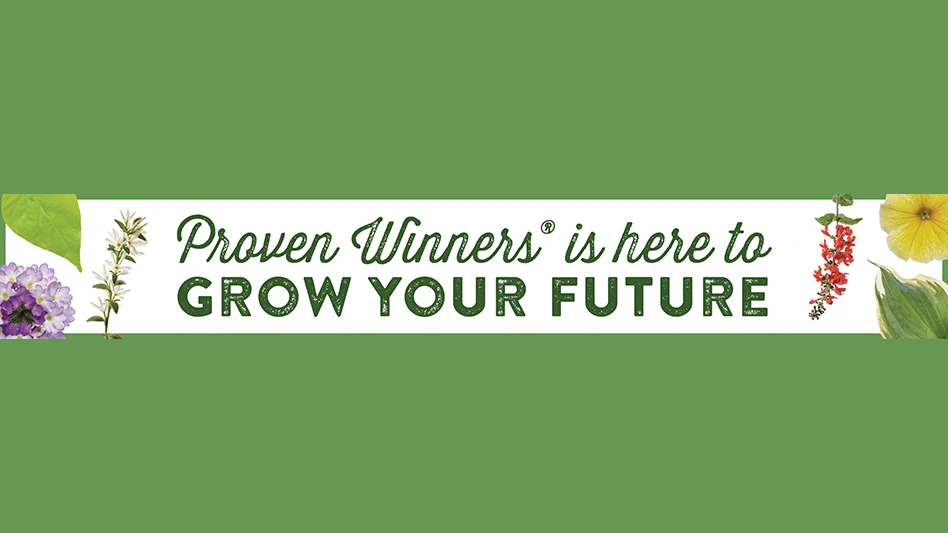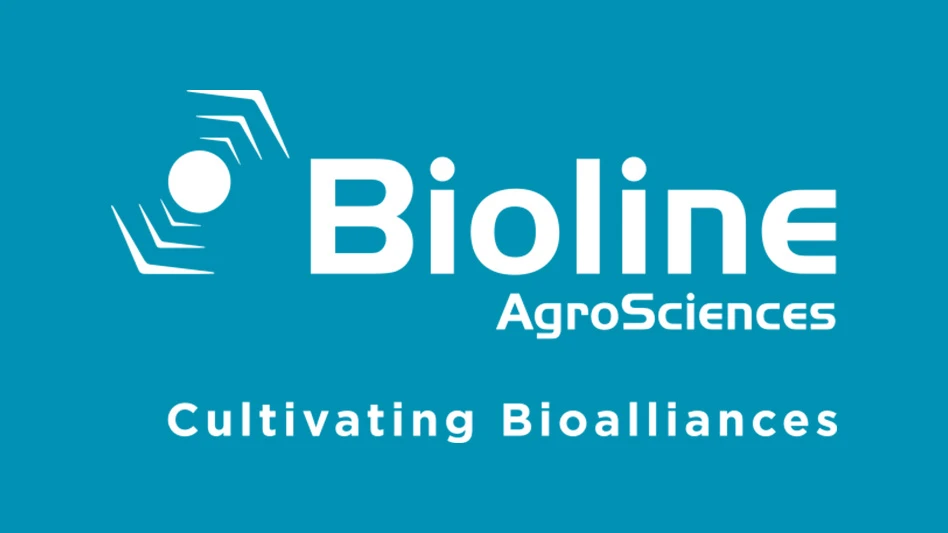 All-America Selections celebrates its 80th anniversary this year, and as part of the celebration, Greenhouse Management will interview a different AAS judge each month to talk about how he or she runs his or her business and what AAS means to them. This is the first installment of the 12-part series.
All-America Selections celebrates its 80th anniversary this year, and as part of the celebration, Greenhouse Management will interview a different AAS judge each month to talk about how he or she runs his or her business and what AAS means to them. This is the first installment of the 12-part series.
In the past, if Vicky Rupley found a new variety after trialing that she thought would sell well, she would have to wait a year simply because the catalogs had already been created – and she was completely dependent on them. In the process, she felt she was missing out on selling the excitement of something new.
To eliminate that problem, about four years ago, she and the team at Harris Seeds in Rochester, N.Y., began putting out electronic newsletters.
"We can react a little bit faster to things that are coming through from suppliers," says Rupley, vice president/ornamentals manager.
 "Now we can still introduce them midseason and give growers and home gardeners an opportunity to try them because we're pushing them out to electronic media through our newsletters. That's been the biggest shift for us in the past five years that we've been able to fill in these more spontaneous or later-season programs or introductions."
"Now we can still introduce them midseason and give growers and home gardeners an opportunity to try them because we're pushing them out to electronic media through our newsletters. That's been the biggest shift for us in the past five years that we've been able to fill in these more spontaneous or later-season programs or introductions."
About two years ago she realized that this approach really was helping the business, and she says it's important that you take time to evaluate if a new program is successful.
"It's a balance of what the results in sales were, but also the amount of management and labor that went into it to generate those sales," Rupley says. "If we found that, for example, the logistics of a particular program were very complicated and required a lot of hands-on management, that would offset the sales, so we look at both pieces of that."
This is just one way she stays on top of the business during these challenging economic times. She says staying ahead of the game and not getting behind and needing to play catch-up is one of the biggest challenges she faces in running the business.
"We continue to read the industry articles and what's going on out there," she says. "We listen to what the growers have to say and listen to what the sales reps tell us."
She also looks at what's going on in the marketplace outside the seed and ornamental industries.
 LEFT: Sample of AAS Trial tour with judges at Colorado State in 2010. RIGHT: Zinnia Zahara Double Fire at the 2010 AAS Trial. LEFT: Sample of AAS Trial tour with judges at Colorado State in 2010. RIGHT: Zinnia Zahara Double Fire at the 2010 AAS Trial. |
"For instance, all the news reports were saying it was a record black Friday and cyber Monday, so that, to me, indicates a glimmer of hope for a better spring than what we've had the last year or two," Rupley says.
Keeping a good pulse on the industry is important so that you can properly plan and make sound decisions for the upcoming year.
"Rather than react to it with a knee-jerk reaction, I prefer to take it in and use that information when I'm forecasting for the following year," she says. "You just try to use it in the planning process and not so much as a reactionary process."
|
Harris Seeds & AAS Vicky Rupley serves as the president of All-America Selections. She is also the vice president/ornamentals manager for Harris Seeds in Rochester, N.Y., an AAS trial site. Greenhouse Management spoke with her about what AAS means to her.
Harris Seeds has been around since the late 1800s and we've always been a strong proponent of supporting the grower organizations. We've been involved with AAS in some way, shape or form for a number of years. Back in the 1980s, they were a full-fledge AAS trialer, and then the company went through a number of mergers and splits, and we got back into it after things settled out. We just see the benefit of All-America Selections because of having trialing sites all over North America, so they can be tested, and if they prove to be worthwhile or judged positively by the majority of these trial sites, you know you have a good performing variety, so we certainly want to support something like that.
How is AAS involvement good for business? It's been pretty positive for me. I've learned a lot for one thing. I've learned so much about the industry just by being involved with All-America Selections. We're primarily a mail-order company, so by being involved with it, it opens the doors to the entire industry. So what's happening in packet seeds? What's happening in mail-order? What's happening for bedding plant growers? What's happening for large growers versus small growers? What's happening for retailers large and small? You start seeing the whole scope of how the industry can be impacted. How can other organizations benefit by becoming involved with AAS? First of all, if they become a judging site, it gives them the opportunity to see some of the breeding materials prior to release, and that gives them the leg up for what's going to be happening for potential releases. They also start to understand the trialing process and how it works and why it works the way it does. For more: All-America Selections, (630) 963-0770 or www.all-americaselections.org |
For more: Harris Seeds, (800) 544-7938 or www.harrisseeds.com
Get curated news on YOUR industry.
Enter your email to receive our newsletters.

Explore the January 2012 Issue
Check out more from this issue and find your next story to read.
Latest from Greenhouse Management
- GM CEA HERB Part 2: A guide to increasing the sowing density of culinary herbs
- GM CEA HERB Part 1: Best practices for producing culinary herbs in controlled environments
- USDA fires experts on invasive pests, including Asian citrus psyllid, chilli thrips
- CEA Alliance celebrates bipartisan introduction of Supporting Innovation in Agriculture Act
- Dümmen Orange North America celebrating 25th anniversary in 2025
- PG CEA HERB Part 1: Best management practices for culinary herbs
- Lawsuit challenges new H-2 visa rules
- Illinois Landscape Contractors Association changes name to Landscape Illinois






